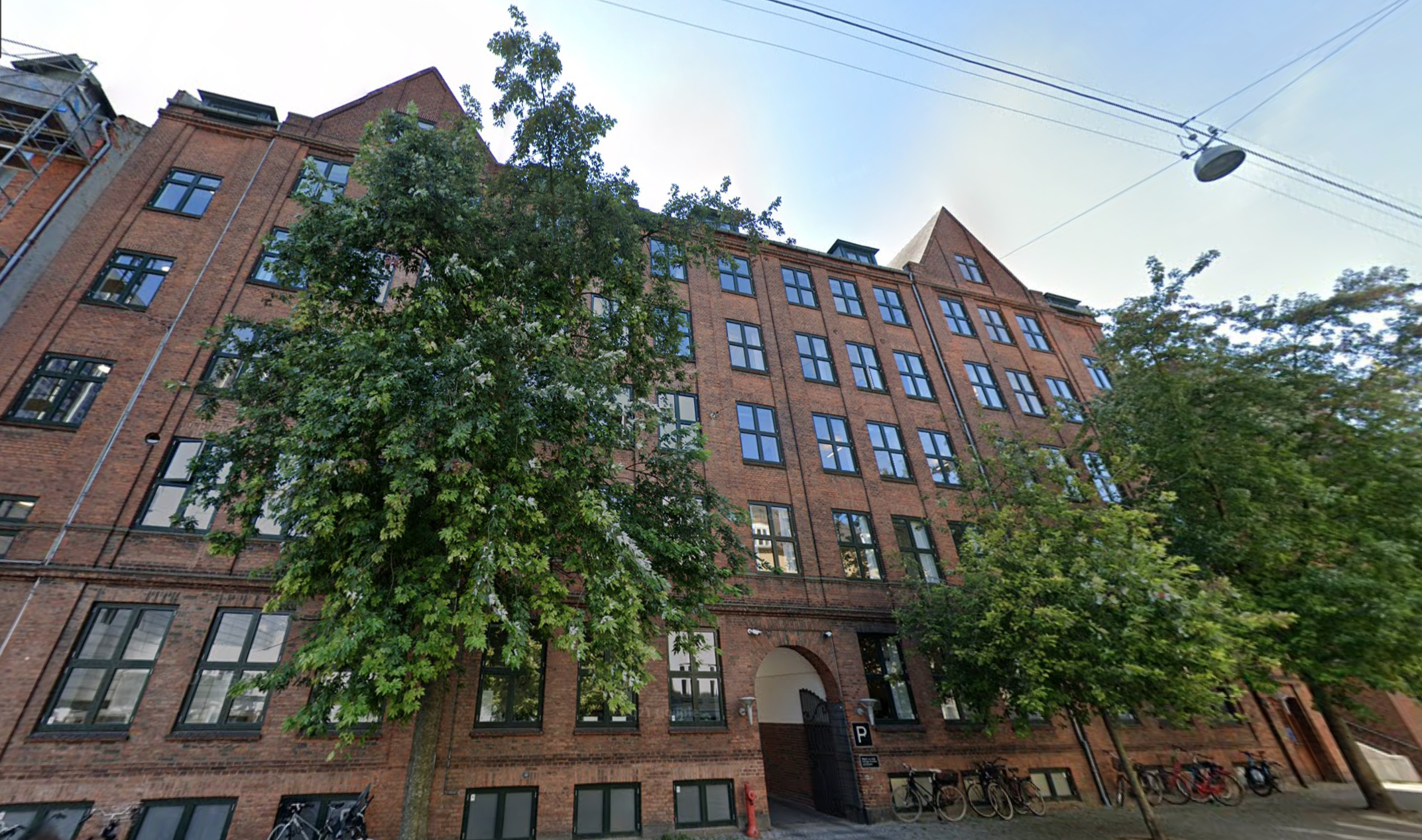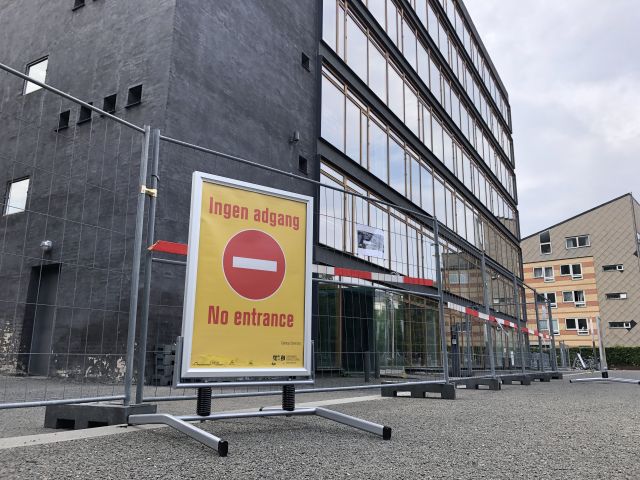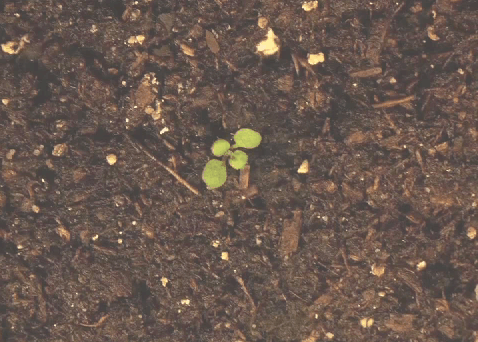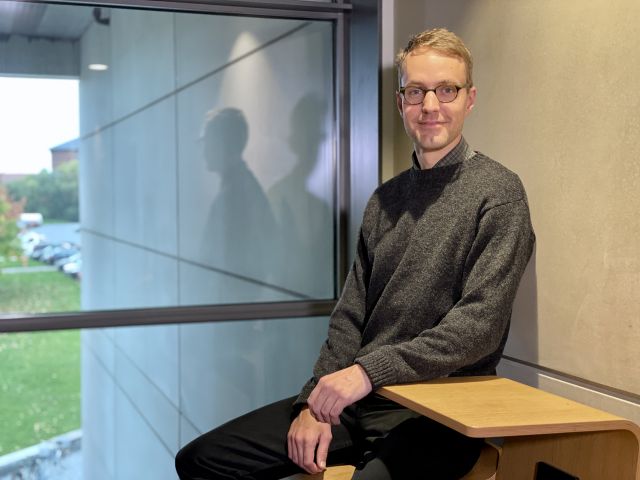The Capital Region of Denmark is investigating possible pollution hazards at a CBS building

Howitzvej 11 - 13 hourses CBS' administration, but is right now undergoing investigations for soil pollution. (Photo: Google Streetview)
Howitzvej 11–13 once used to house an electroplating factory and a laboratory. Now, the grounds are being investigated for hazardous substances such as heavy metals and chlorinated solvents that can threaten the groundwater, explains a consultant from the Capital Region of Denmark.
This summer and fall, representatives from the Capital Region of Denmark’s Unit for the Environment have been conducting pollution surveys in the area around Howitzvej 11-13.
Specifically, the Unit for Environment is investigating whether the ground is contaminated with historically heavy metals and chlorinated solvents that can seep into the groundwater, explains Amanda Krarup Lauridsen from the Capital Region of Denmark in an email.
According to her, Howitzvej 11–13, which houses CBS’ administration, was the address of an electroplating factory from 1918 to 1920 and from 1932 to 1950 was a site where radios and electrified measurement instruments were produced. Between 1966 to 2003, the building was a laboratory and a petrol station, until it was bought by CBS in 2006.
“These can all be potential sources of pollution. The typical substances used for these industries are oil based, heavy metals and chlorinated solvents, and these are the substances we are looking for during the surveys,” writes Amanda Krarup Lauridsen in an email to CBS WIRE and continues:
“The Capital Region of Denmark is investigating the ground as it is located in an area where the groundwater is used for drinking water. The site is part of a bigger portfolio of properties that are being investigated. In order to protect the valuable groundwater, we are reviewing the possible polluted grounds in Frederiksberg – and that includes the CBS building.”
The surveys that have been conducted have not yet been analyzed. However, if the surveys show signs of pollution, the Capital Region of Denmark will conduct another investigation and look into the possibilities of cleaning the polluted ground.
“Since many sites in the region are marked as polluted, we only investigate and clean the sites that pose the greatest risk to people’s health or the drinking water. Therefore, it can take several years before we return and clean up a ground,” writes Amanda Krarup Lauridsen to CBS WIRE.
If the soil at Howitzvej 11–13 is polluted, it is not likely that CBS will have to pay for the site to be rehabilitated, according to Amanda Krarup Lauridsen.
“Within the environmental area, there’s a principle that it is the polluter who pays. As a rule of thumb, a landowner who is not responsible for the pollution will not be ordered to investigate or remove polluted material. The landowner can, however, end up paying for an investigation and clean up if the landowner wants to use the property or land for another purpose that includes digging in the polluted soil,” she writes.
At the moment, Amanda Krarup Lauridsen cannot inform us of any other obligations CBS may have until the results of the surveys are available.
Read more about the soil pollution and groundwater on the Region’s website.





































































































































Comments